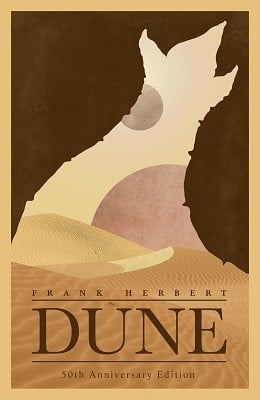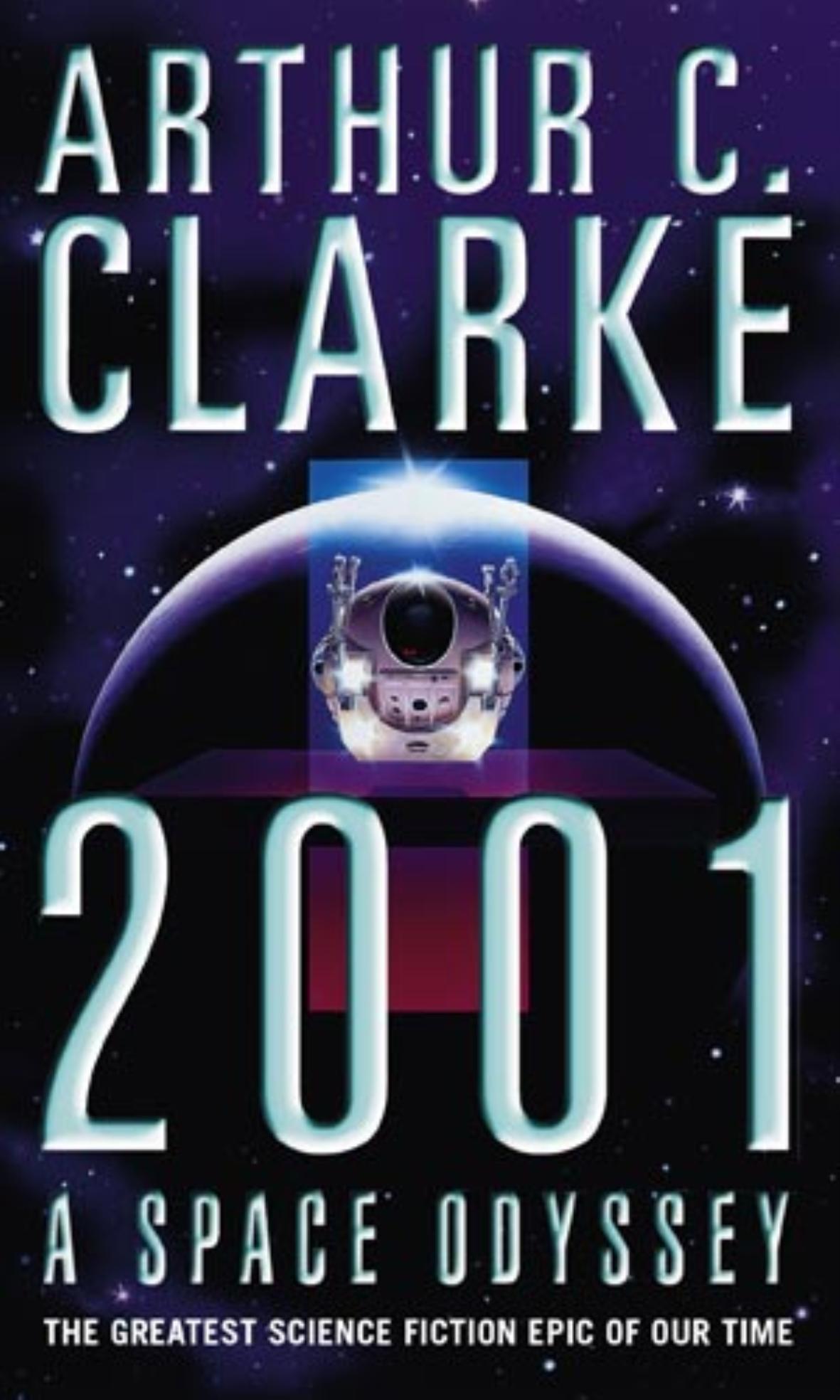Book Name: Last Days of Summer
Author: Steve Kluger
Genre: Epistolary
Year Published: 1998
I've been looking forward to reading this book for a while, due to it being described as epistolary. It has a bunch of different media used throughout, such as interviews, letters and newspaper clippings, which makes you feel like you're really experiencing stuff as it happens. I read another book a while ago which was similarly constructed, but using emails and texts - I couldn't tell you what it was called... I did love the style though, hence my excitement for this one!
So as I picked this solely on the basis of its genre, I was completely ignorant of its actual content, so I was pleasantly surprised to find it was about Brooklyn during the Second World War, and an unlikely friendship between a Jewish boy and a black baseball player.
As someone with zero baseball knowledge, and a low interest in war novels, this is not the kind of book I would have chosen normally. However, the story is compelling, the characters interesting, and the epistolary style immerses you in both the geography and history in such a way that a lack of knowledge is actually not that bad. It is a testimony to Kluger's writing style that I was able to learn a variety of things from reading this novel, about Jews, military terms, baseball, wartime America and so on.
The way the book is put together using the different media really lends itself to you wanting to keep reading, so I was able to finish it pretty easily, which was almost a shame. I would have loved to have read more about the era, and will definitely be searching out similar books. Feel free to give me some recommendations! I definitely recommend this one!
Books I Read Inbetween: Shutter Island - Dennis Lehane; The Night Circus - Erin Morgenstern
Other Books I Considered: About A Boy - Nick Hornby; Skellig - David Almond
Other Books I Considered: About A Boy - Nick Hornby; Skellig - David Almond



